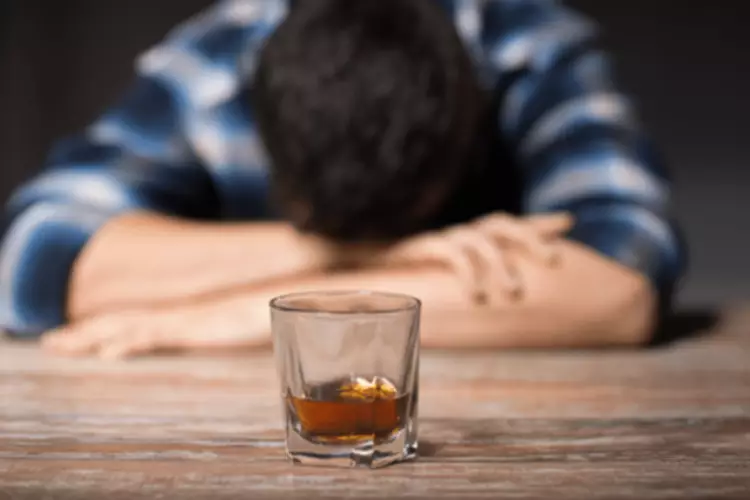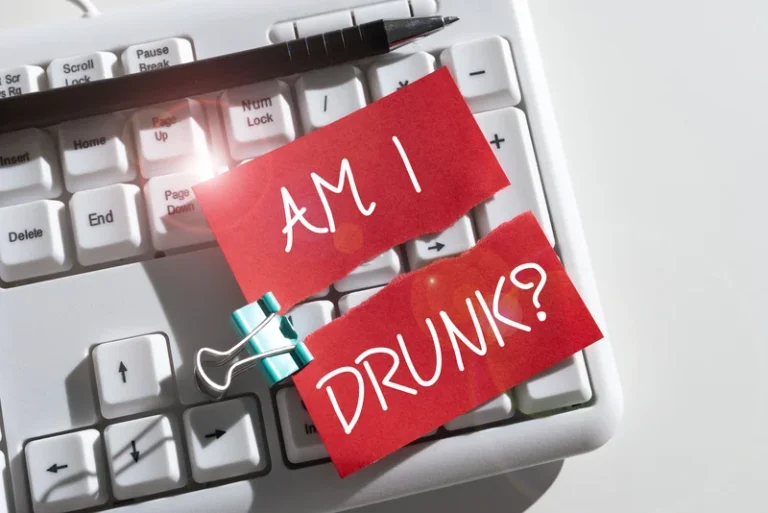What is Alcohol Withdrawal

Alcohol Withdrawal Overview
Did you know that 88,000 deaths are annually attributed to excessive alcohol use and this number only grows? The decision to stop drinking alcohol can be a huge step in a person’s life. People see benefits in mind, spirit, relationships, and also in their bodies.

Individuals who have alcohol dependence disorder will experience some form of alcohol withdrawal if they decide to stop drinking all of a sudden or cut back on their drinking. Fortunately, in many cases, alcohol withdrawal will be mild or moderate, but about one in five cases it will be severe. In these severe cases, there can be potentially lethal outcomes.
This is a fact, yet many do not associate coming off of alcohol or detoxing from alcohol with death. We tend to think about hard drugs or illicit substances, not what we can grab in our grocery store, at gas stations, that we drink to socialize and party with. This is why this is a very serious topic and we would like to go more in-depth about the symptoms and signs of withdrawal, when these symptoms occur, and how to get treatment.

Take back control of your life and start on the road to recovery now.
Common Signs and Symptoms
There are common signs and symptoms of alcohol withdrawal.
| Signs: | Symptoms: |
| · Elevated blood pressure | · Nausea |
| · Elevated body temperature | · Irritability |
| · Tachycardia | · Anxiety |
| · Sweating | · Insomnia |
| · Tremulousness of body/increased hand tremor | · Illusions |
| · Disorientation | · Hallucinations |
| · Grand mal seizure | · Paranoid ideas |
| · Dilated pupils | · Others |
| · Hyperarousal |
Stages of Alcohol Withdrawal
There are three timelines for alcohol withdrawal and it depends on whether an individual is experiencing mild, moderate, or severe withdrawal. After all, we are all biochemically different.
- STAGE 1
As soon as six hours, although for others it can take less time or up to 24 hours, after the individual had a last drink, he or she will start feeling nausea and might vomit. Headaches and anxiety or other symptoms start to appear right away. During this stage, the individual will also have a hard time sleeping and might not be able to fall asleep at all.
- STAGE 2
After the first 24 hours of going without alcohol, the individual will start experiencing more serious symptoms of alcohol withdrawal. These would be increased blood pressure, heightened heart rate, and elevated body temperature. In this case, medications are usually used to control blood pressure. The symptoms such as hallucinations and seizures are also posing risks. Once again, the doctors will provide medications for alcohol withdrawal seizure treatment and also help the person with anxiety and depression.
- STAGE 3
Most people reach the final alcohol withdrawal stage about 1 to 3 days after not having a drink. Seizures and tremors might continue into this stage, which would require professional medical help. They can also have similar symptoms to delirium (a confused thinking and reduced awareness of the environment). Mood changes, agitation, anxiety, and depression are other side effects of withdrawal that accompany during this stage. In addition, the individual might feel severe itching and burning and experience other similar feelings.


This can be a difficult journey, but you don’t have to go it alone. Let us be your guide and provide you the environment needed to regain control of your life and begin the path to recovery.
Treatment
Without appropriate treatment, alcohol withdrawal can start kicking in within 6 to 24 hours since your last drink or cutting back on alcohol. If an individual drinks regularly enough and heavily enough, he or she actually does not need to have a blood-alcohol level of zero to start going through withdrawal. This is a myth that many people have – “I still have alcohol in my system. I can wait to go get treatment or seek help later”. No, this is very incorrect.
If that person is a heavy enough drinker, even just a change in the usual blood-alcohol level that the body is used to can start triggering alcohol withdrawal. Since withdrawal from alcohol can be dangerous and even deadly, as said earlier, it is highly recommended not to go “cold turkey” and to seek medical help in detoxing. Just consider the fact that there are 500,000 hospitalizations for alcohol withdrawal every year.
During the first visit to a medical specialist, he or she will review the situation and identify problems related to the goal of alcohol treatment and discuss its possibilities in detail. The goal of treatment may be to be complete sobriety or to reduce drinking to the limits of low-risk alcohol consumption. Over time, it can change – sometimes individuals start with a reduction in consumption, and then go further – to an absolutely sober lifestyle.
Next, taking into account the motivation, capabilities, and preferences of the person, a treatment plan is drawn up. Treatment is prescribed according to the individual needs of the patient. In addition to the doctor, many other specialists provide support. The main part of treatment is psychological assistance, which is supplemented with medications when withdrawal symptoms threaten life or are very stressful. Since family and other loved ones play an important role in changing habits, it is possible to involve them in treatment.
As a rule, inpatient treatment might be required only for a short period of time, when the individual goes through the first three stages of alcohol withdrawal described earlier. Then, the person can go about his or her normal life between visits to the doctor. If alcohol has not caused complications or mental disorders, the help of a family doctor is all one needs. For difficult conditions, the treatment is usually led by a team of doctors, psychiatrists, and other specialists. Treatment is voluntary, and only if a person is dangerous to himself or others, it can be ordered by a court decision.
Note: This article is meant for educational purposes only. Always consult with your physician or license qualified medical professional for guidance and advice for your own situation because this can be a very serious situation.




